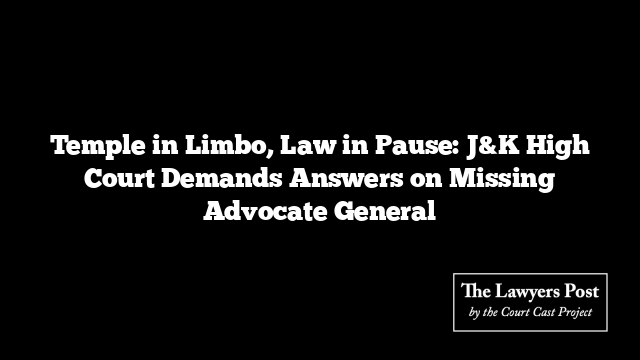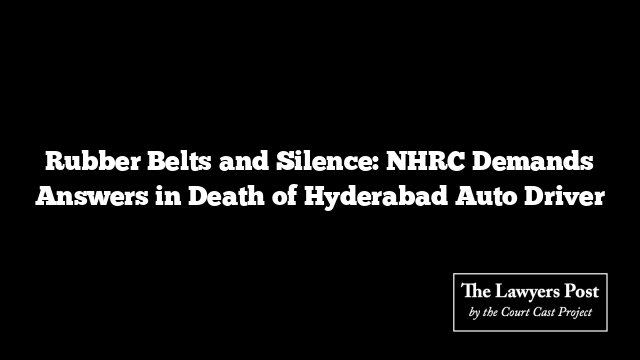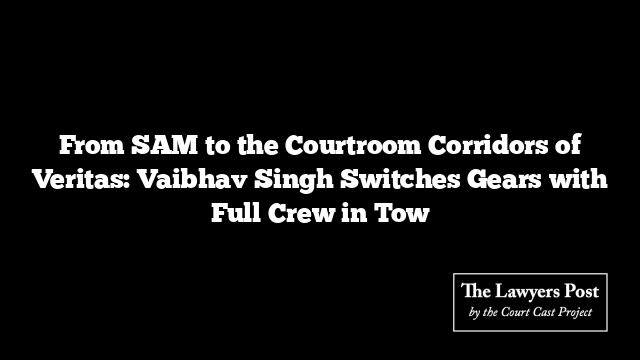The courtroom in Jammu recently echoed with a question that has no easy answer: How long can a law exist without someone to enforce it? The High Court of Jammu & Kashmir and Ladakh, through Justice Rahul Bharti, raised the alarm over the prolonged vacancy in the post of Advocate General—an absence that, in legal terms, has turned a vital statutory tool into a ghost provision.
The concern came during a plea filed by the Shri Nav Durga Jhaleri Mata Trust, challenging what it called a forceful handover of its temple in Reasi to the Shiv Khori Shrine Board. The Court, taking immediate note, halted the transition and zeroed in on the larger legal vacuum.
At the heart of the matter lies Section 92 of the Civil Procedure Code, a provision that empowers the Advocate General to initiate civil suits to protect public religious and charitable institutions. But that key—currently—has no one holding it. Since October 2024, the chair of the Advocate General has sat empty after the exit of DC Raina, leaving the judiciary and public trusts stranded in a procedural freeze.
The judge didn’t mince words. He called out the paralysis, noting how the absence has effectively put Section 92 into “suspended animation.” With no Advocate General, the legal mechanisms meant to oversee and regulate temple management have been left drifting—no sail, no rudder.
As if echoing centuries-old debates on state overreach in matters of faith, the Trust accused the government of a “hostile takeover.” In turn, Justice Bharti raised the constitutional temperature: Can the executive move in on a religious institution without enabling legislation? That, he said, strikes at the roots of constitutional safeguards.
Until clarity returns, the Court has installed the CEO of the Shri Mata Vaishno Devi Shrine Board as interim receiver. Every rupee offered at the shrine must now pass through his hands—with spending cleared only by the Court itself.
Now, the judiciary waits. Not just for arguments. But for the government’s answer on when, if ever, it will fill the void in its legal machinery.
The next hearing is set for July 16. Between now and then, the bench expects more than silence.





